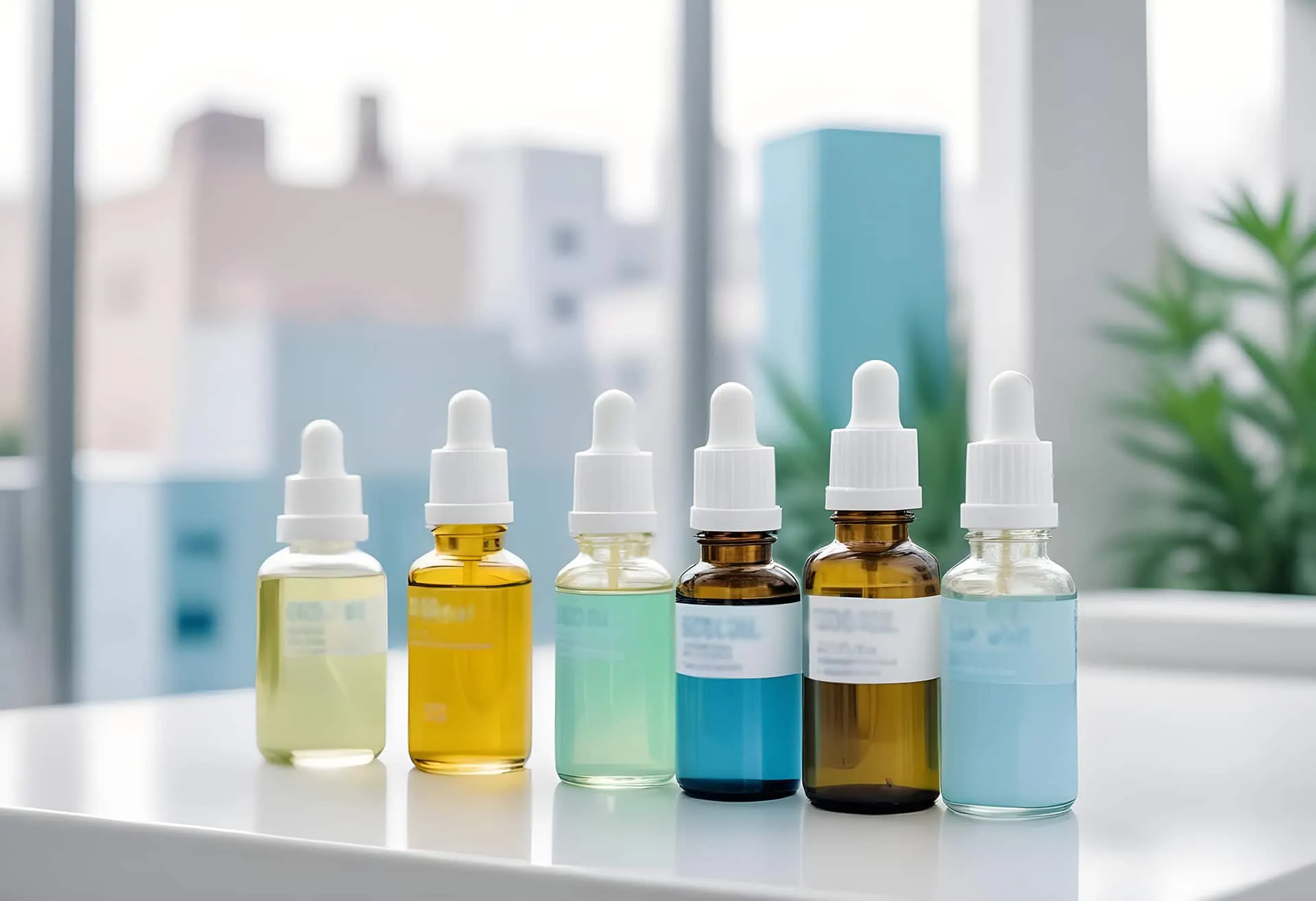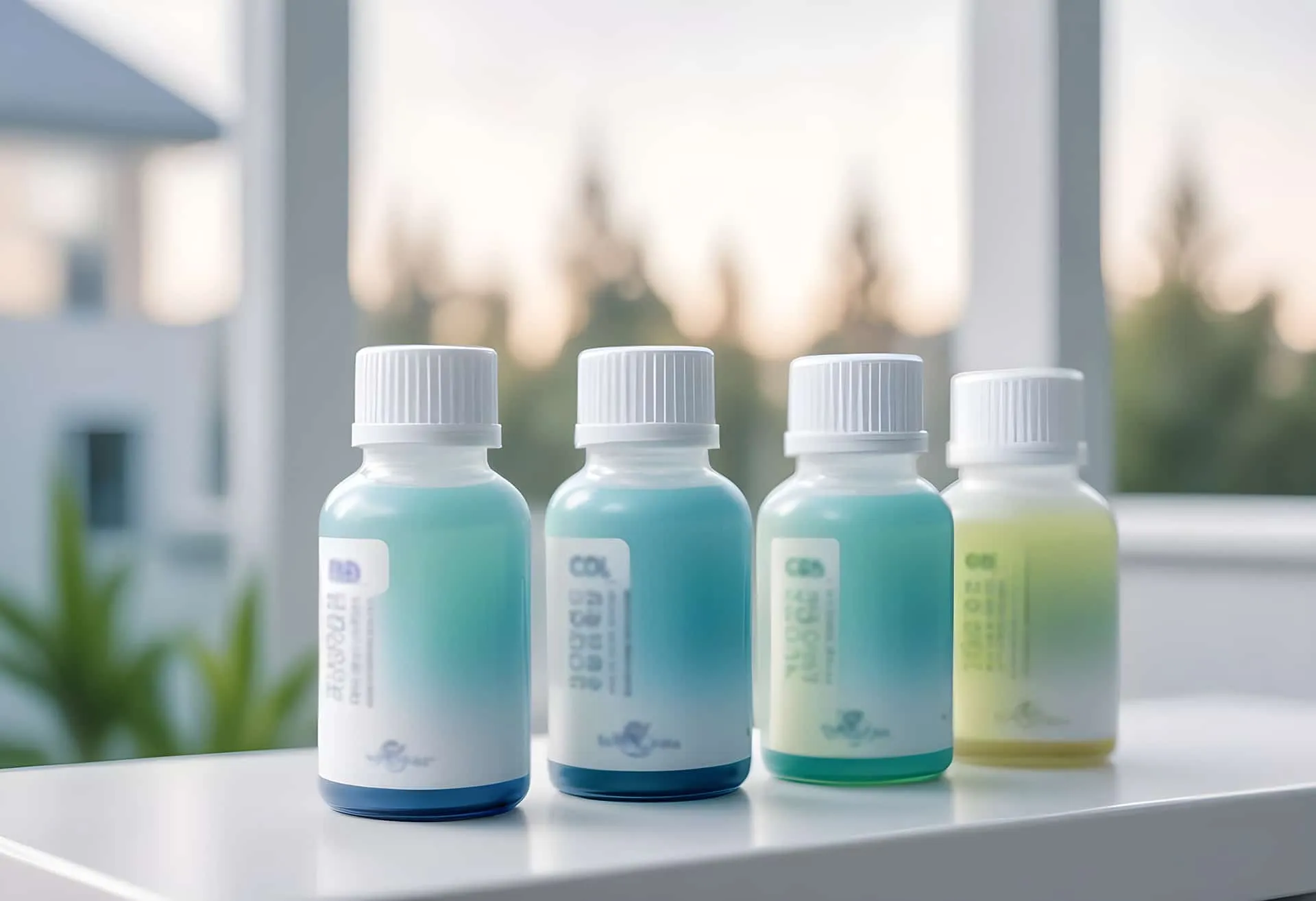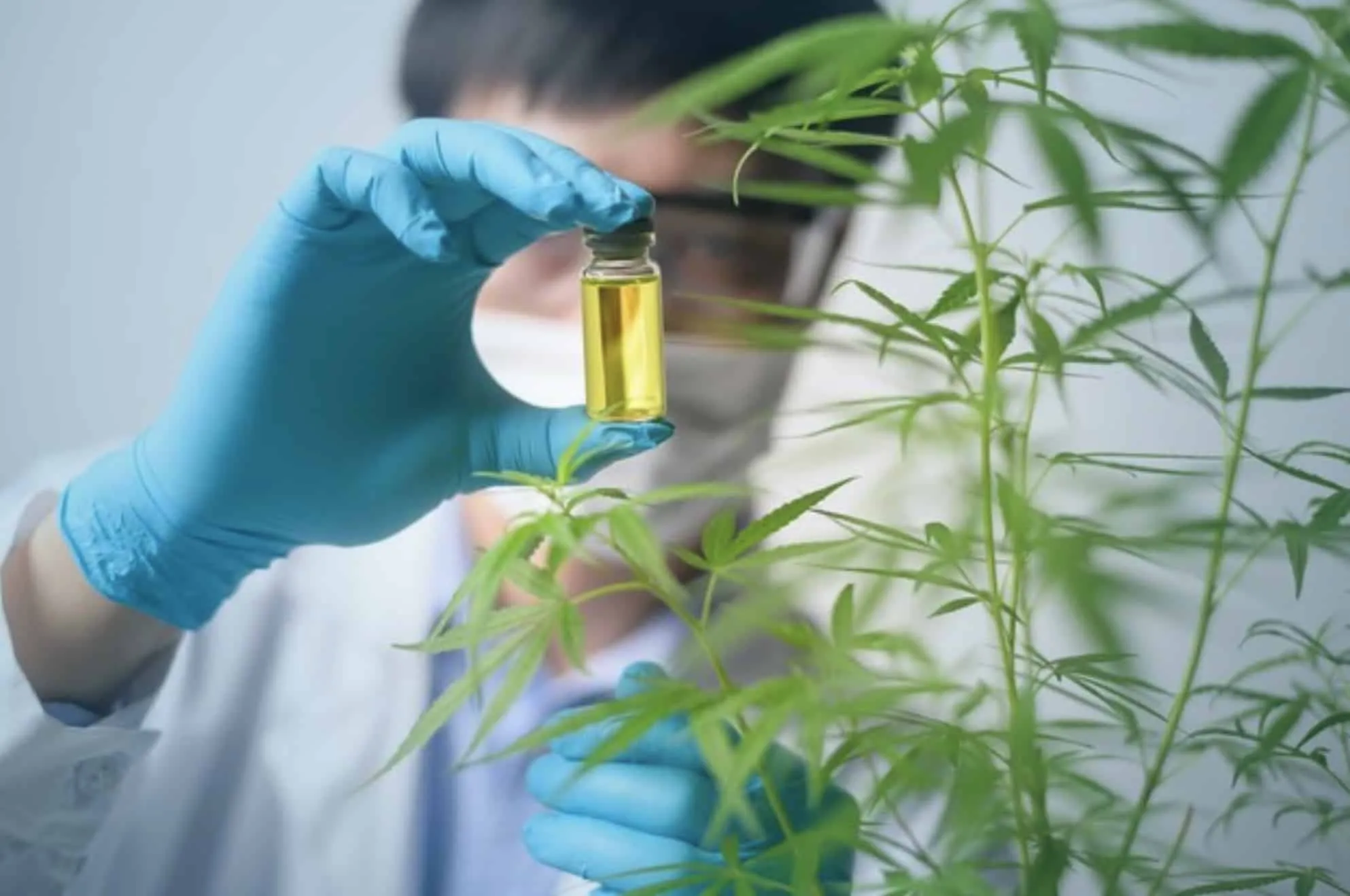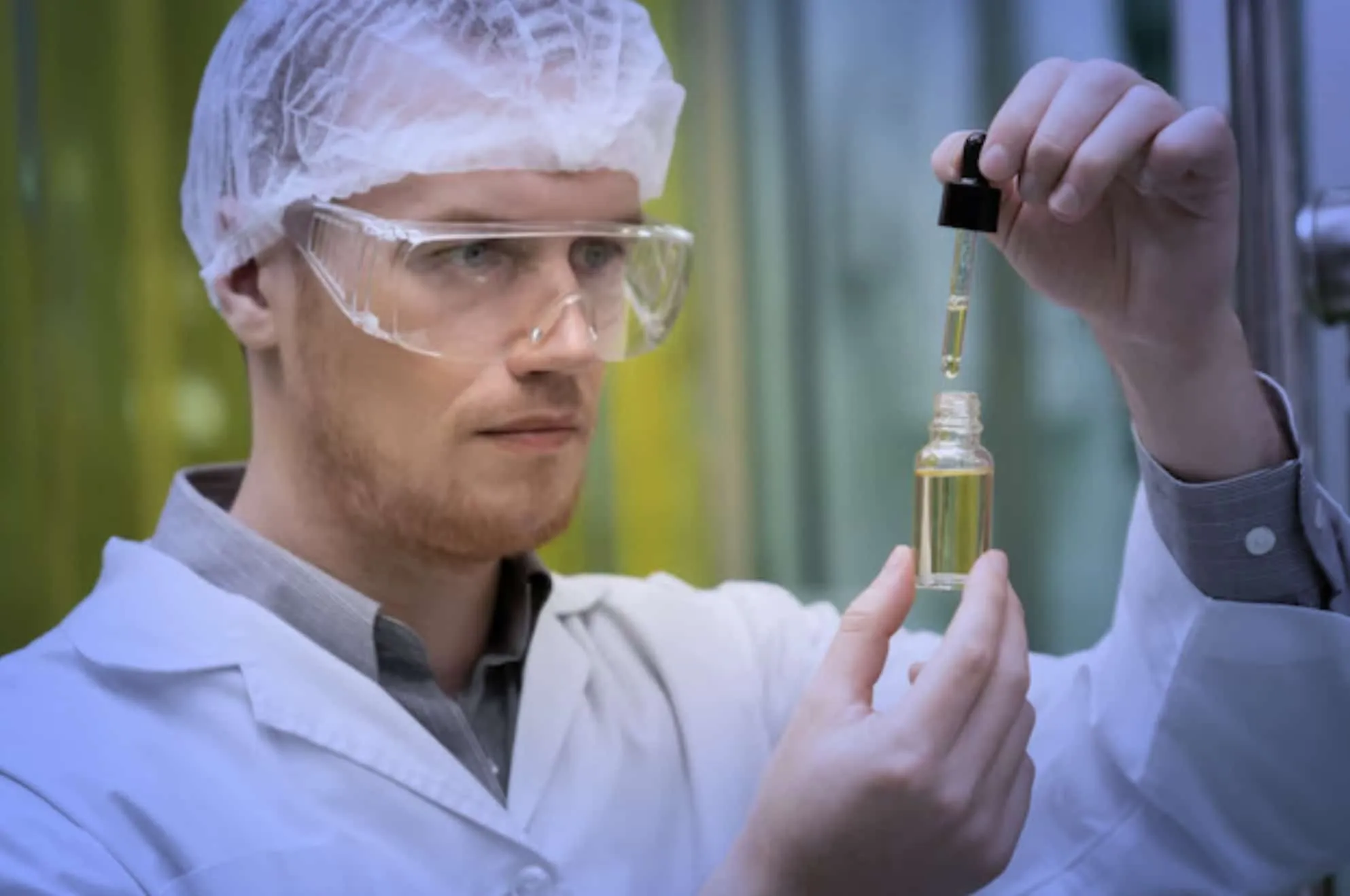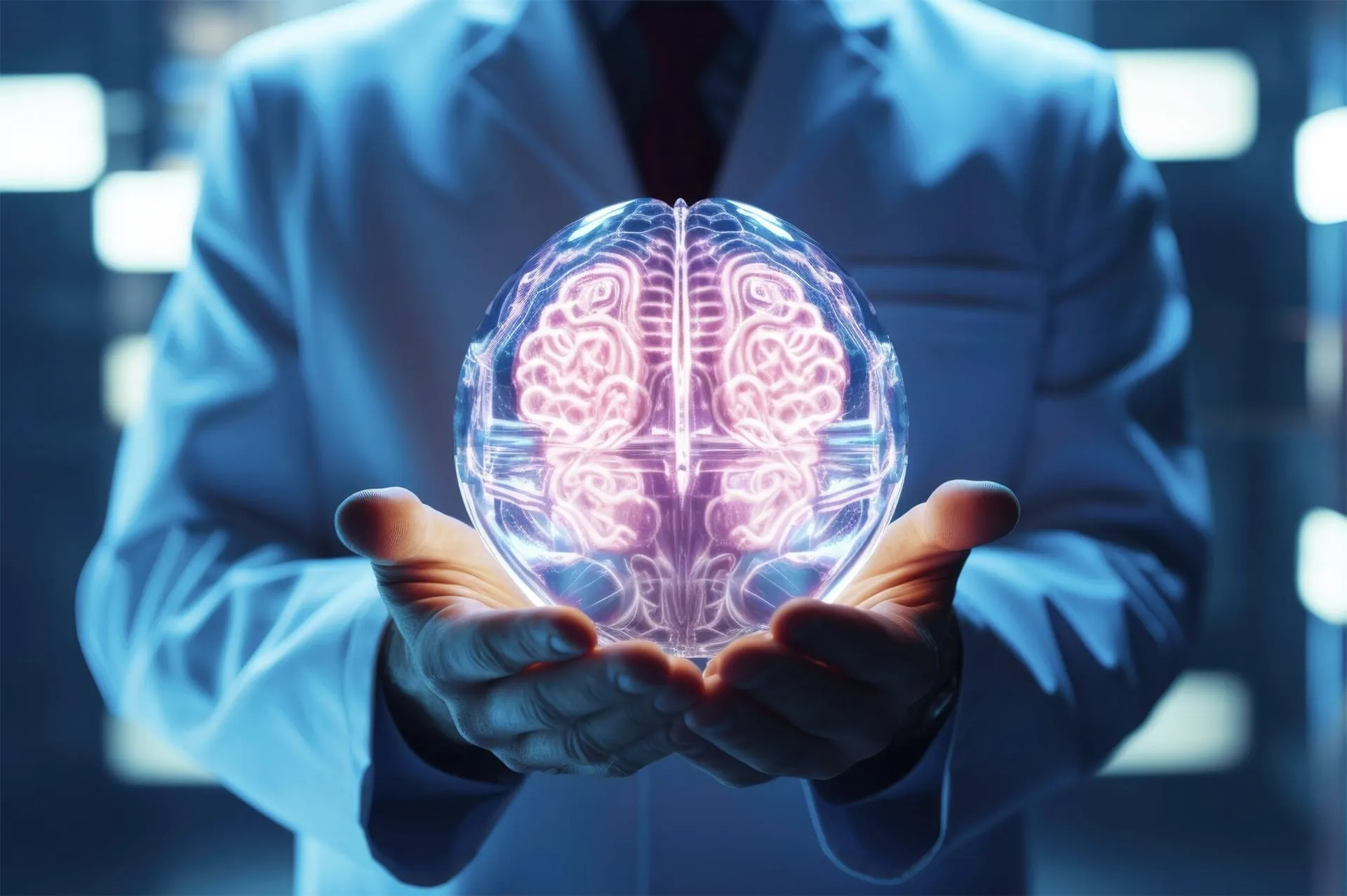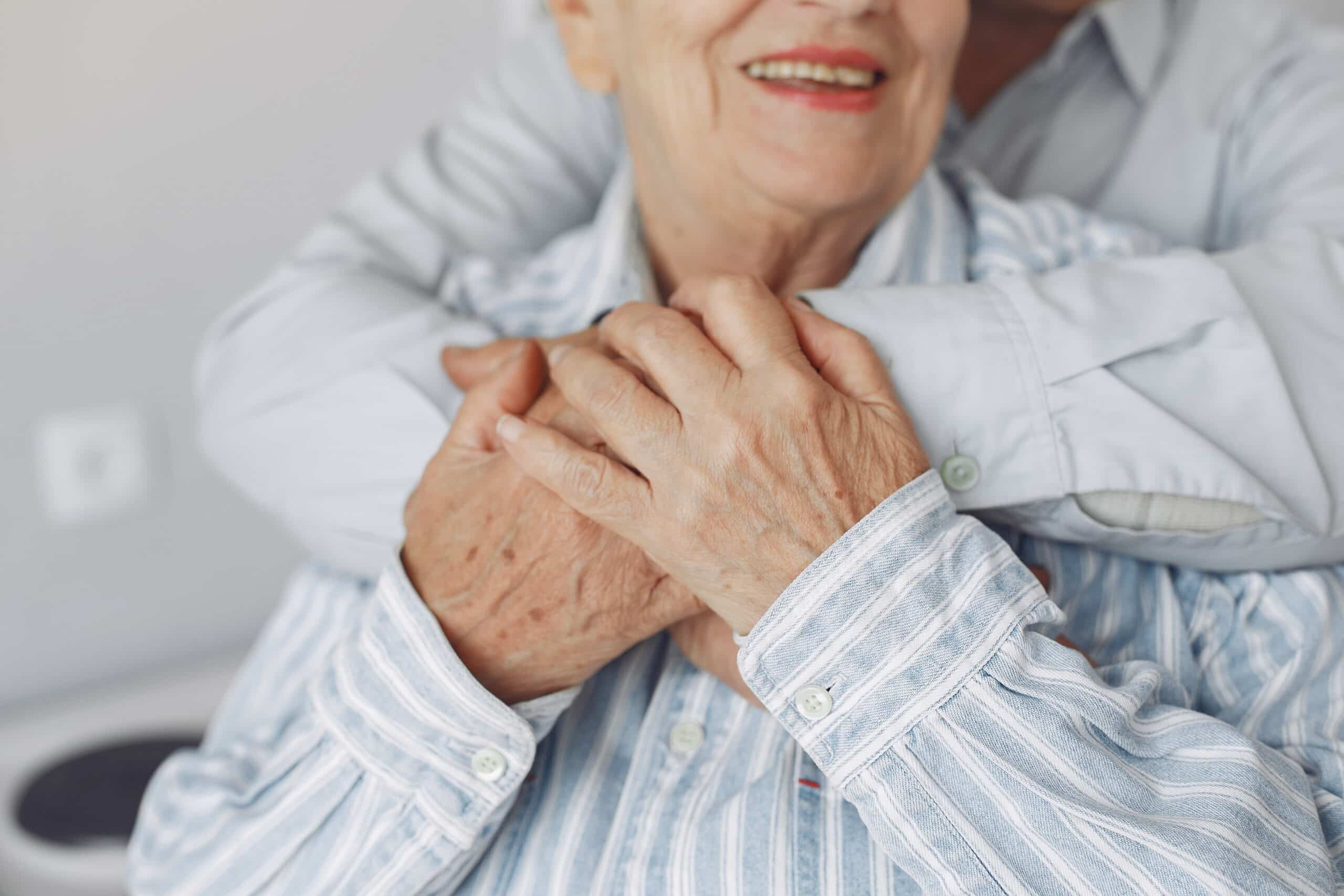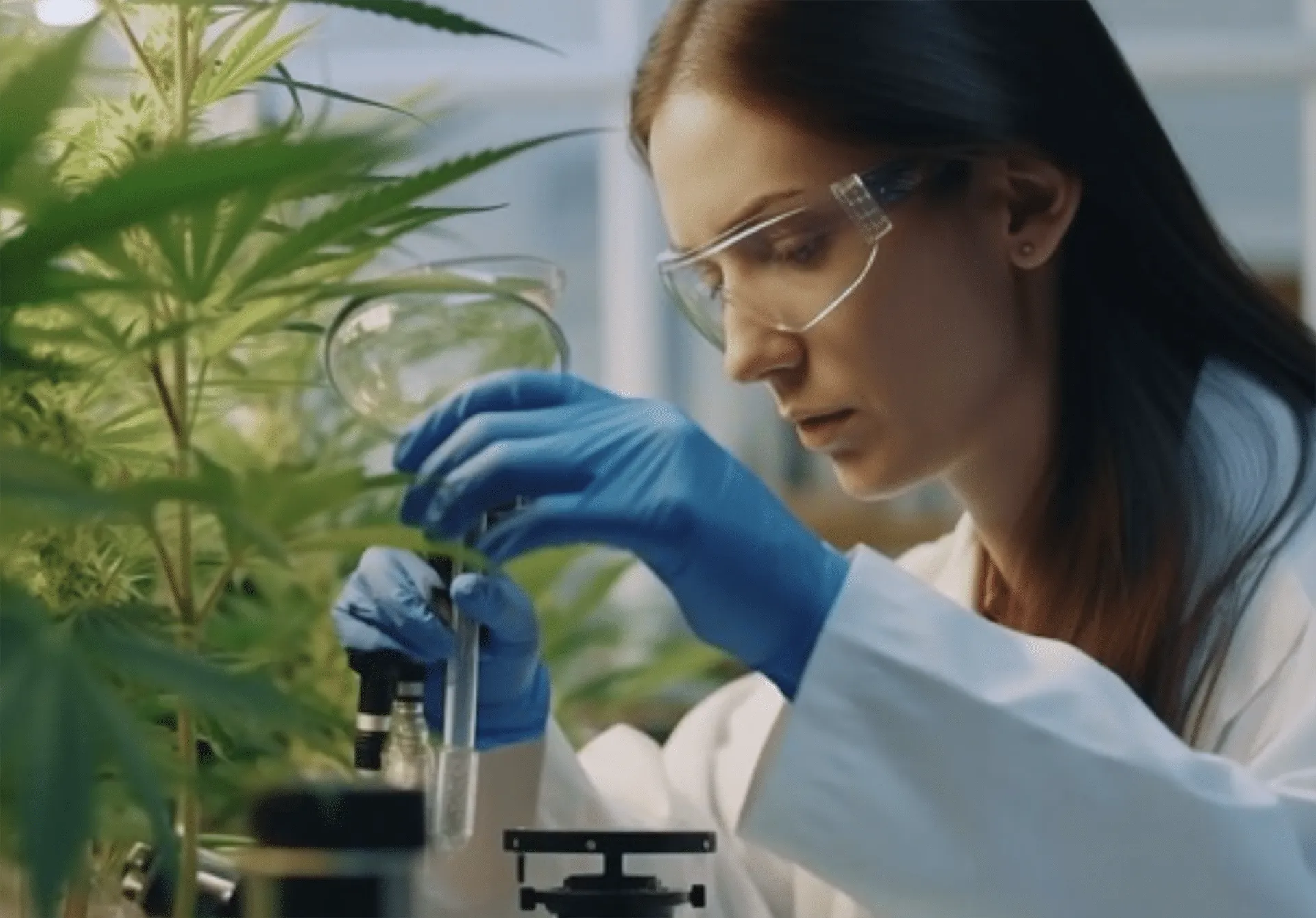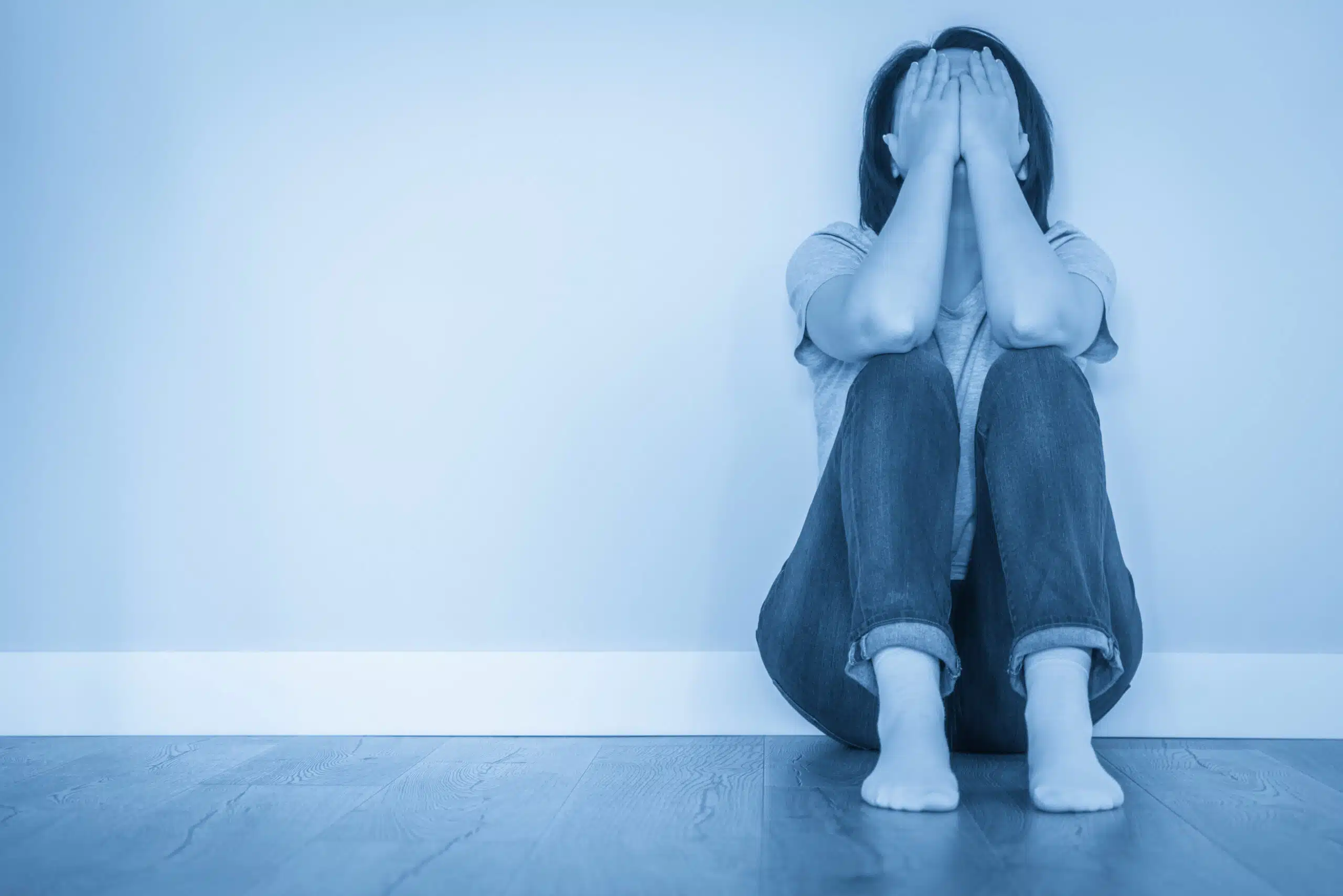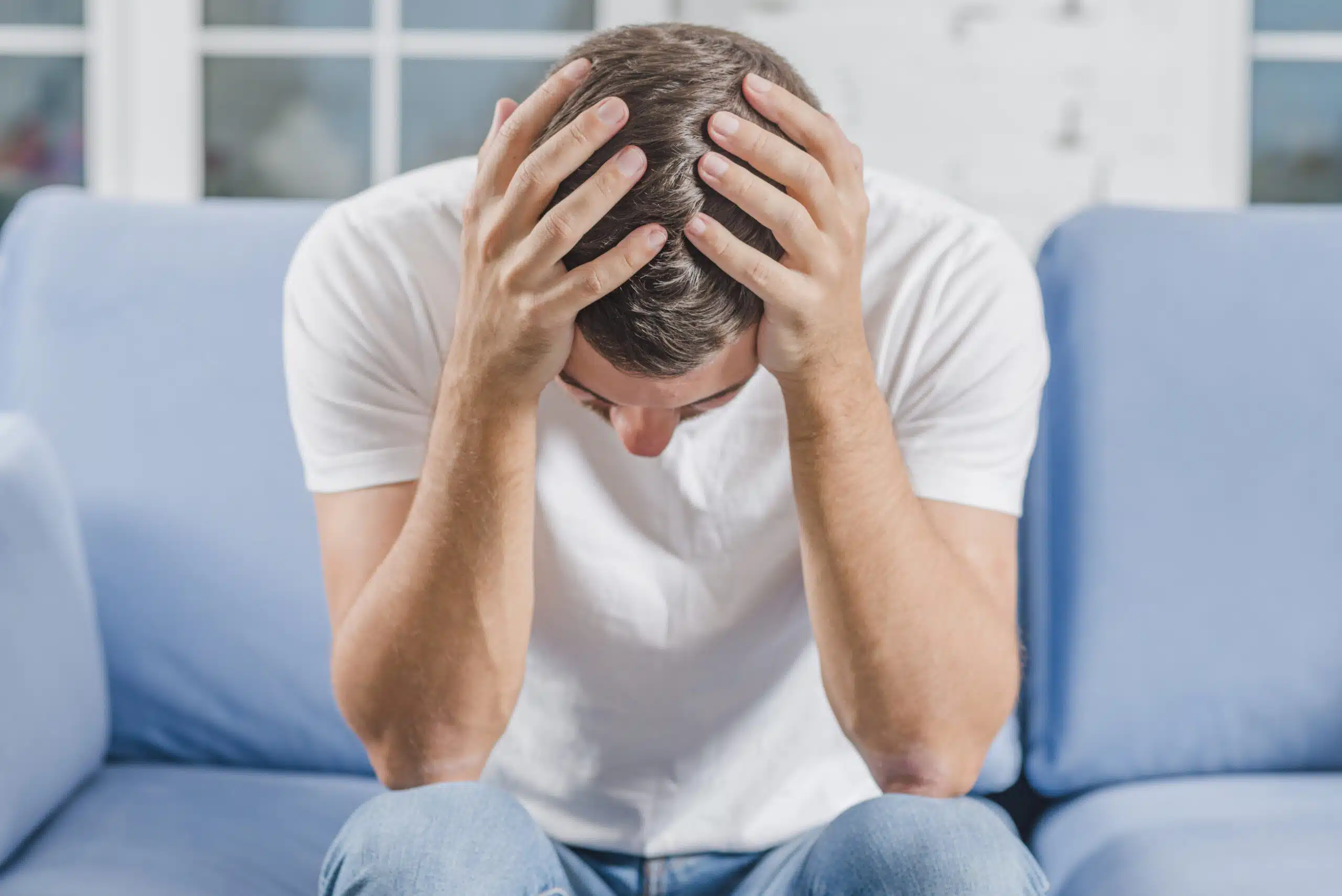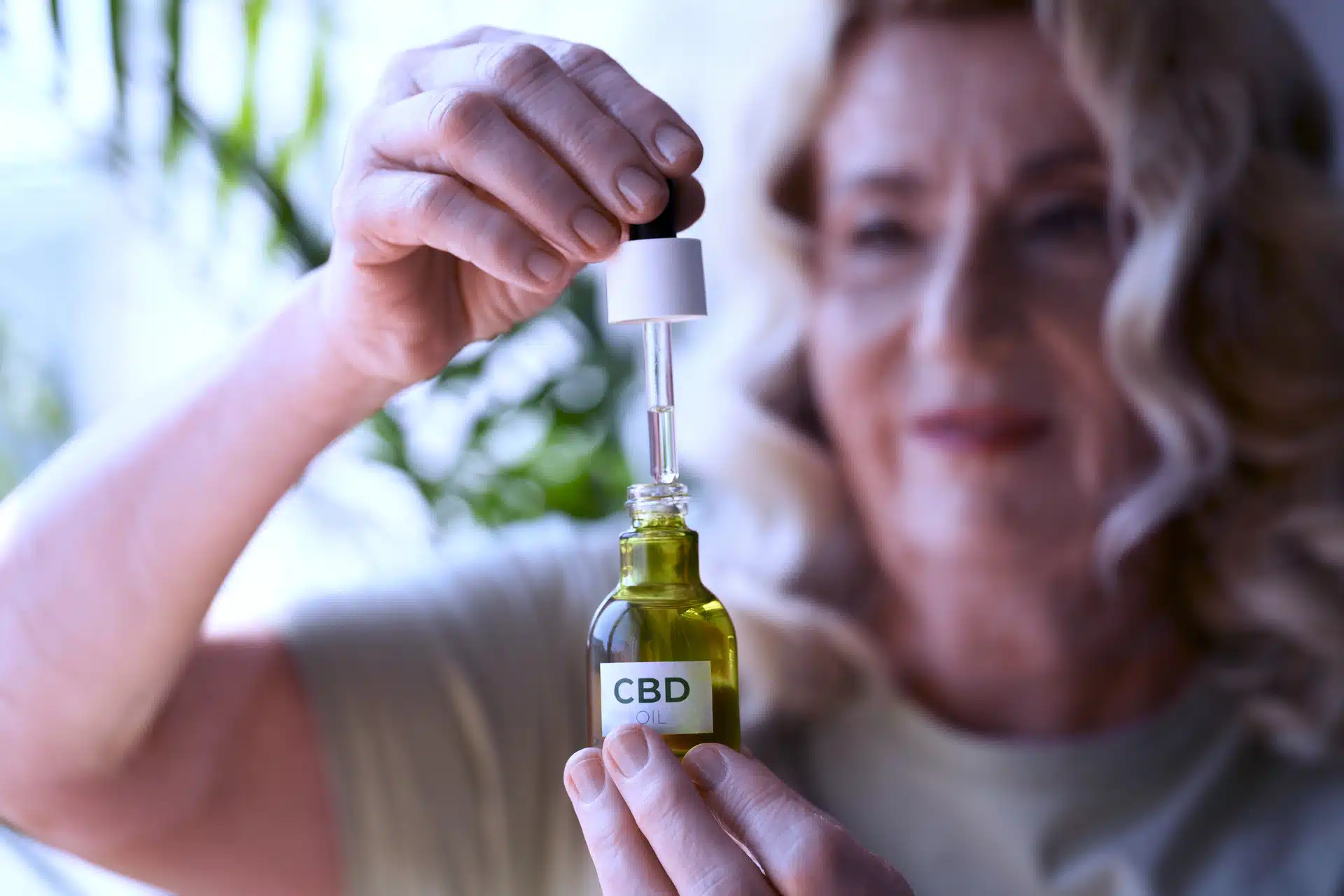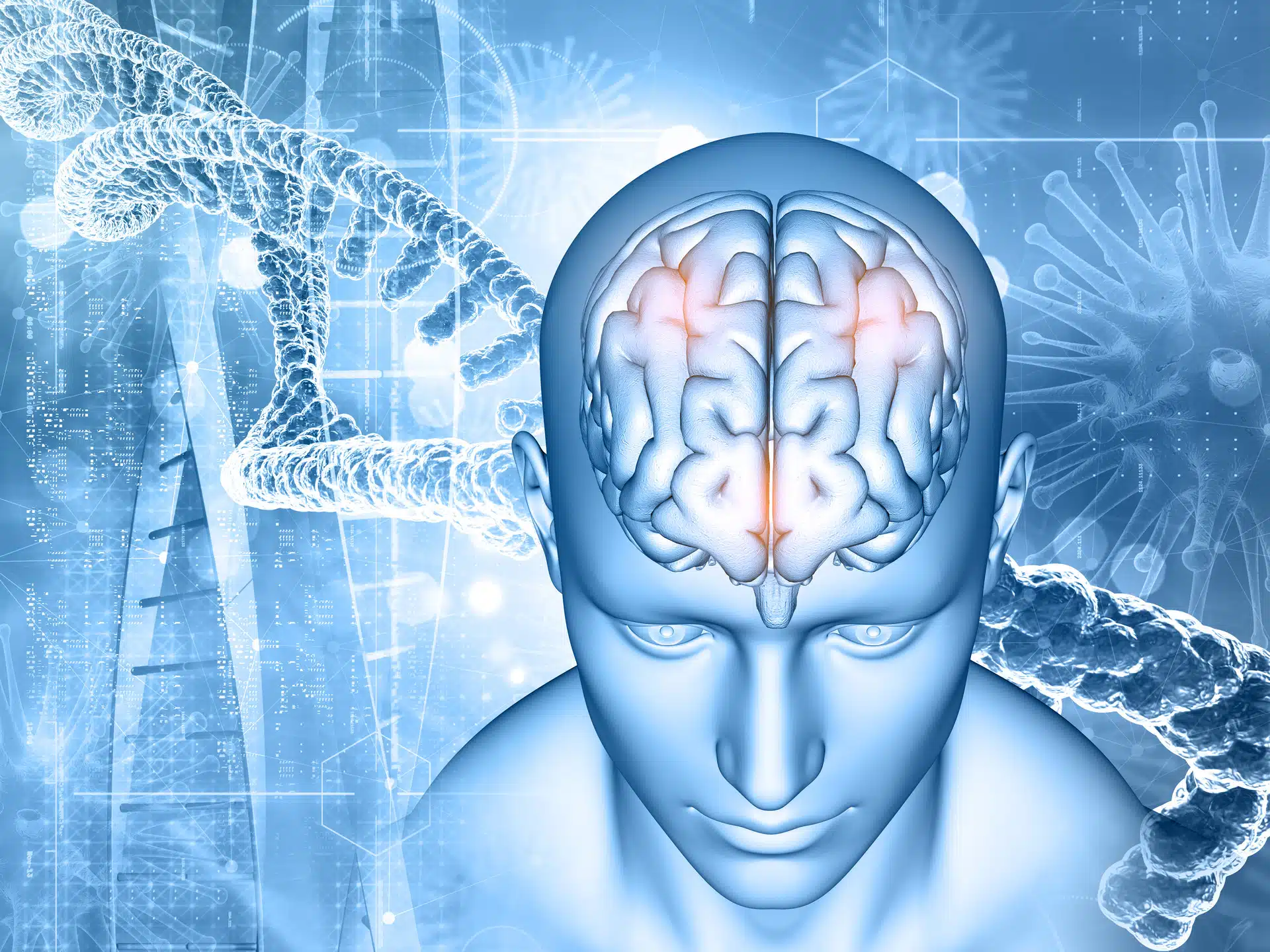Share
Autism and Cannabinoids

Autism and Cannabinoids
Autism Spectrum Disorder (ASD) is a brain development condition that affects how people process information, interact with others, and learn. It is characterised by two main areas of difficulty, one regarding social communication, like making eye contact, understanding body language, having conversations or expressing emotions, the other relates to a restricted number of interests and the presence of repetitive behaviours, as such people with ASD may have intense interests in specific topics, engage in repetitive movements (often called stimming), or have a strong need for routine.
ASD effects may vary greatly, as some individuals may have significant intellectual disability and require a lot of support from caregivers while others may have normal intelligence and live independently. A number of other conditions may manifest alongside ASD, such as anxiety, epilepsy, or sleep problems.
Symptoms of ASD usually appear in the first three years of life, and boys are more prone to suffer from the condition than girls. There are two main types of ASD:
- Idiopathic ASD: This is the most common type, with no known cause.
- Syndromic ASD: This type is caused by a specific genetic condition, such as Down syndrome or Fragile X syndrome.
Pharmacokinetics of Cannabis
Currently the classification of medicines based on cannabis is relative to the content of the two most important and most studied cannabinoids, tetrahydrocannabinol (THC) and cannabidiol (CBD).
Even though both THC and CBD belong to the group of natural cannabinoids in the cannabis plant, their effects on the endocannabinoid system (ECS) as well as their molecular targets are very different. THC is a potent orthosteric (binds to the natural binding site of the endogenous ligand) agonist for cannabinoid CB1 and CB2 receptors, it can have both agonist and antagonistic effects, depending on the cell type and receptor expression. CBD in contrast has multiple molecular targets and acts as a negative agonist, as it binds to the same receptor site as an agonist, but instead of activating it, it actually reduces the cannabinoid receptors activity compared to its natural state. As such it has been hypothesized that the addition of CBD to THC may not only enhance the clinical effects of THC but also reduce the common side effects namely drowsiness, fatigue, dizziness and dry mouth, the psychological effects such as anxiety as well as psychoactive and cognitive effects are dependant on tolerance development.
Regarding dosage It is generally recommended to start with a low dose of around 2.5mg THC for most oral cannabis products. This applies to a variety of uses. The typical daily dose of THC, whether from pure THC or cannabis extracts, usually falls within the range of 10 to 20mg. As for CBD, current research suggests high oral doses may be effective for various conditions, including severe childhood epilepsy. For example, studies show children may require 10–50mg/kg of CBD daily, while adults may need over 400mg/day.
For patients with ASD, studies point to the potential of cannabinoids in managing behavioural issues, including rage attacks, impulsivity, and aggression. Two studies investigated the use of cannabidiol (CBD) for behavioural issues in children and adolescents, a retrospective study of 60 patients examined a full-spectrum CBD-dominant cannabis extract (CBD:THC ratio of 20:1 to 6:1). The average daily dose was 3.8mg/kg/day CBD and 0.29mg/kg/day THC. This treatment showed improvement in “behavioural outbursts”, with stronger effects observed at higher THC doses. A separate prospective study, not controlled for comparison, involving 53 patients investigated pure CBD. The median daily dose was 90mg (with a range of 45-143mg). This study found improvement in various behavioural symptoms including angry outbursts, self-injurious behaviour (autoaggression), hyperactivity, sleep problems, and anxiety. Another trial further corroborated these findings. This study included 60 children with Autism Spectrum Disorder (ASD) and investigated the effects of a CBD-rich cannabis extract. The extract had a concentration of 0.5% CBD (5mg/mL) and a 9:1 ratio of CBD:THC. Following treatment, the study demonstrated significant improvements in several areas, including social interaction, anxiety, and concentration. The daily dose of the extract ranged from 6 to 70 drops.
How can Cannabis help
ASD presents with many neurobehavioural deficits, namely synaptic plasticity, immune dysfunction, and metabolic disturbances, all of which can be modulated by the endocannabinoid (EC) system.
As previously mentioned the EC system exerts its effects through multiple receptors and channels, most notably the G-protein coupled (GPCR) CB1 and CB2 cannabinoid receptors. Cannabinoid receptor 1 (CB1) is primarily located pre-synaptically on neurons that utilise glutamate and gamma-aminobutyric acid (GABA) as neurotransmitters. Activation of CB1 in these interneurons leads to glutamate release despite an overall inhibitory effect on synaptic transmission. In contrast, CB2 receptors are predominantly found on immune cells but are also expressed in various peripheral tissues like the adrenal gland, heart, lung, bone, and pancreas. Interestingly, CB2 receptors have been identified in microglia and astrocytes within the central nervous system. This expression might be crucial for understanding the mechanisms underlying ASD-related neuroinflammation. It potentially signifies a trend towards a pro-inflammatory state in both the nervous system and the periphery within the immune system of individuals with ASD. This hypothesis is supported by recent studies demonstrating prominent microglial activation and elevated levels of inflammatory cytokines and chemokines in the brain tissue and cerebrospinal fluid of ASD patients.
The EC system in the brain is complex and so is its signalling cascade, it has a vital role in neurodevelopment and is activated during stressful conditions. In addition EC are key modulators in synaptic function, which are disrupted in ASD. Studies show that polymorphism in CB1 receptors adversely affect social reward processing in ASD, with tests done, using the BTBR T+ Itpr3tf/J (BTBR) mouse strain, that mimic ASD, showing that increasing endogenous cannabinoids such as arachidonoylglycerol (AEA) at CB1 receptors improves ASD-related social impairment while at the same time reducing repetitive behaviours and lowering irritability.
Research suggests cannabis and cannabinoids hold promise as a future therapeutic approach for autism spectrum disorder (ASD) symptoms. They may offer relief from a wide range of issues, including self-mutilation, anger outbursts, hyperactivity, sleep problems, anxiety, restlessness, psychomotor agitation, irritability, aggression, and sensory sensitivities. Additionally, cannabis and cannabinoids may improve cognitive function, attention span, social interaction, language skills, perseverance, and mood in individuals with ASD.
References
1. Müller-Vahl, K. R. (2024). Cannabinoids in the Treatment of Selected Mental Illnesses: Practical Approach and Overview of the Literature. Pharmacopsychiatry, 57(02), 81-87. doi: 10.1055/a-2256-0098
2. Wong, S. C., Gupta, A., & Licamele, C. (2021). Potential of cannabinoids as treatments for autism spectrum disorders. Life Sciences, 284, 119922. doi: 10.1016/j.lfs.2021.119922
3. Silva, A. P. C., & Moraes, Â. P. (2021). Cannabis and cannabinoid use in autism spectrum disorder: a systematic review. Trends in Psychiatry and Psychotherapy, 45(3), 237-248. doi: 10.5935/2176-6868.20210032
4. Carbone, E., Manduca, A., Cacchione, C., Vicari, S., & Trezza, V. (2020). Healing autism spectrum disorder with cannabinoids: a neuroinflammatory story. Neuroscience & Biobehavioral Reviews, 115, 130-144. doi: 10.1016/j.neubiorev.2020.12.009
5. Silva-Amaral, D. C., & Zuardi, A. W. (2019). Cannabidiol for the treatment of autism spectrum disorder: hope or hype?. Frontiers in Psychiatry, 10, 888. doi: 10.3389/fpsyt.2019.00888
Clinical Trials
The Effects of Medical Cannabis in Children With autism spectrum disorder (ASD)
https://clinicaltrials.gov/study/NCT05212493?cond=Autism%20Spectrum%20Disorder&intr=Cannabis&rank=1
Evaluating the Efficacy of NTI164 in Young People with autism spectrum disorder (ASD)
https://clinicaltrials.gov/study/NCT05626959?cond=Autism%20Spectrum%20Disorder&intr=Cannabis&rank=3
Safety and Efficacy of Oral Full-Spectrum Medicinal Cannabis Plant Extract in Children With autism spectrum disorder.
https://clinicaltrials.gov/study/NCT05516407?cond=Autism%20Spectrum%20Disorder&intr=Cannabis&rank=4
Pharmacokinetic (PK) and Pharmacodynamics (PD) Study of Ilera Specific Products (Ilera)
https://clinicaltrials.gov/study/NCT03886753?cond=Autism%20Spectrum%20Disorder&intr=Cannabis&rank=5


